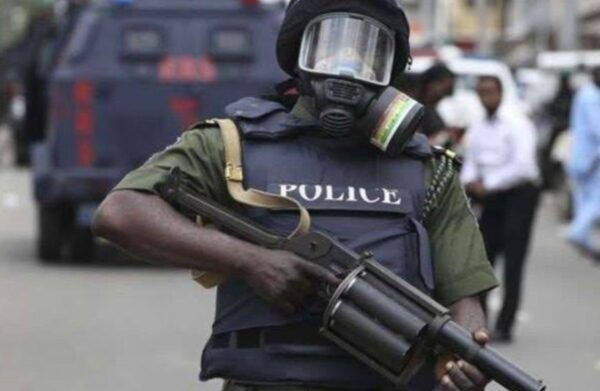Lifestyle
The 10 worst police forces in Africa

Top 10 worst police forces In Africa
1. Sudan
2. Sierra Leone
3. Gabon
4. Congo-Brazzaville
5. Uganda
6. Nigeria
7. Kenya
8. Liberia
9. Cameroon
10. Angola





Let’s be honest—whenever there’s a new technology, it’s completely natural to ask, “But is this safe?”...


No one really prepares you for what it’s like to job hunt in South Africa. You...


Because you deserve more than a cold sandwich and regret at noon. Let’s be honest: packed...


Choosing a baby name is personal. For some parents, it’s about meaning. For others, it’s about...


It’s the beginning of the month, and as expected, your account is bubbling because you’ve barely...